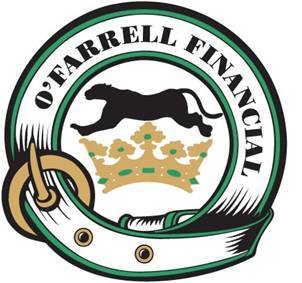Estate planning can be a beautiful thing. It can create a legacy through gifting to loved ones or charity. Behind your estate goals, there are certain logistics to consider. Here are some common questions:
What happens to my investments when I die?
Registered Retirement Savings Plans (RRSPs) or Registered Retirement Income Funds (RRIFs) are investment accounts that grow on a tax deferred basis. When you pass away, the remaining balance in your RRSPs and RRIFs are added to your final tax return and are fully taxable. If you have a spouse – your assets can roll tax deferred to your spouse, but the remaining balances will become taxable upon their passing.
A Tax-Free Savings Account (TFSA) is an investment vehicle that grows tax-free during your lifetime and rolls tax-free to your spouse or named beneficiaries upon your passing.
Non-Registered Accounts are taxed on an ongoing basis as interest income, dividends and realized taxable capital gains. On the date of your passing, there is a deemed disposition of the investment at fair market value. This triggers the remaining capital gains in the account which will be included on your final tax return. The account will also be subject to probate – unless it is held as a segregated fund with named beneficiaries.
What about my cottage or rental property?
Cottages and rental properties may trigger capital gains at your passing. The assets, if owned personally, will run through probate. Is your goal to keep the cottage in the family? Consider using investments or an insurance policy to cover any future tax liabilities.
What will probate cost?
In 2021, assets that go through probate in Ontario are subject to probate fees of 0% on the first $50,000 of assets and 1.5% on any additional assets. If you have business assets, you should consider setting up a second will to protect your non-probate assets.
When is it time to get a will?
As soon as you start accumulating assets, it is important to have a will and a power of attorney. A will should be updated when there are major life changes or as your assets change.
Who should I choose as my executor?
A trusted lawyer can walk you through the responsibilities of an executor. Will your executor have the maturity and time to fulfill their responsibilities? Are they willing to take on the role?
Here is a quick check list to help you plan your estate:
1. Update your will(s).
2. Update beneficiaries on your investments and life insurance policies.
3. Create a detailed Net Worth summary and file it near your will. This summary will act as a road map for your executor.
We welcome questions so please reach out! See our ad in this week’s North Dundas Times and follow us on Facebook @OFarrellFinancialServicesInc.


